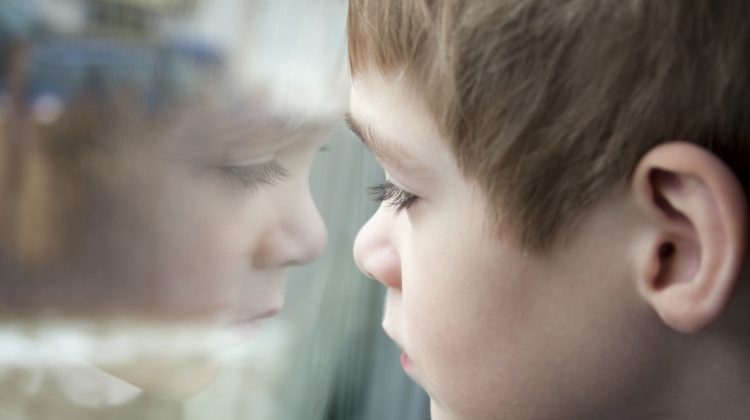Child and teenager sexual abuse is a horrific crime, and the true number of victims is difficult to identify, because of how many cases go unreported every year. To make matters even more complicated, the perpetrators of sexual abuse are often respected and well-liked members of their community. In these instances, knowing the common signs of abuse can help alert outside intervention, therefore bringing the injustice to light. In the United States, April is National Sexual Abuse Awareness Month, which is why the team at Safer America wants to help bring awareness to some common signs of sexual abuse.
Additionally, the symptoms of sexual abuse in children and teenagers are often subtle. Unfortunately, many of the emotional and behavioral signs of abuse are often mistaken as normal teenage behavior. So if anyone you know is displaying the symptoms listed below, reaching out could help connect the person suffering to life-saving resources.
DRZ Law has decades of experience with sexual abuse cases, and knows the importance of identifying the signs as early as possible. The list below is broken down into three categories: physical, emotional, and behavioral symptoms of abuse.
Physical Symptoms
Abuse, both physical and sexual, is often accompanied by a variety of physical symptoms. If anyone you know, a coworker, classmate, or friend, displays any of these signs, they may be a victim of abuse.
- Redness or swelling on the body
- Difficulty walking or sitting
- Pain when using the restroom
- Bruises on the body, particularly the softer areas (legs, arms, etc.)
- Symptoms of a urinarily track infection, or sexually transmitted diseases
Emotional Symptoms
There are a variety of emotional signs of sexual abuse in children and teenagers. The emotional characteristics of abuse can change significantly from person to person. However, any sudden and severe shifts in behavior should be investigated further. Some examples include:
- Suddenly becoming very emotionally distant
- Showing signs of anger or crying for no apparent reason
- Emotionally unstable; mood shifts often
- Suddenly starting to wet the bed or soil themselves
Behavioral Symptoms
Along with physical and emotional changes, there are behavioral changes to be on the lookout for as well.
- Asking a lot of questions about body parts and secret keeping
- Not performing as well in school as they used to
- Not interested in activities that they previously enjoyed
- Having trouble sleeping
Resources Available
If you or anyone you know are displaying signs of sexual abuse, there are many recourses available to help guide you through the process of finding justice.
- The National Sexual Abuse Telephone Hotline: 1-800-656-HOPE. This is a 24/7 hotline that RAINN monitors that allows victims to find support and resources near them. The services offered by the National Sexual Abuse Telephone Hotline range from emotional/moral support to information about filing charges against the perpetrator. The hotline is 100% confidential as well.
- The National Organization for Victims Assistance, nicknamed NOVA, has been around since 1975 with the mission of helping victims of abuse find the resources they need.
- National Sexual Violence Resource Center: is an incredible database of tools and recourses for victims of sexual abuse. Their mission is to help victims in any way they can.
A complete list of resources is available here, and by looking out for the aforementioned symptoms, you can help detect sexual abuse as early as possible.




No Comment